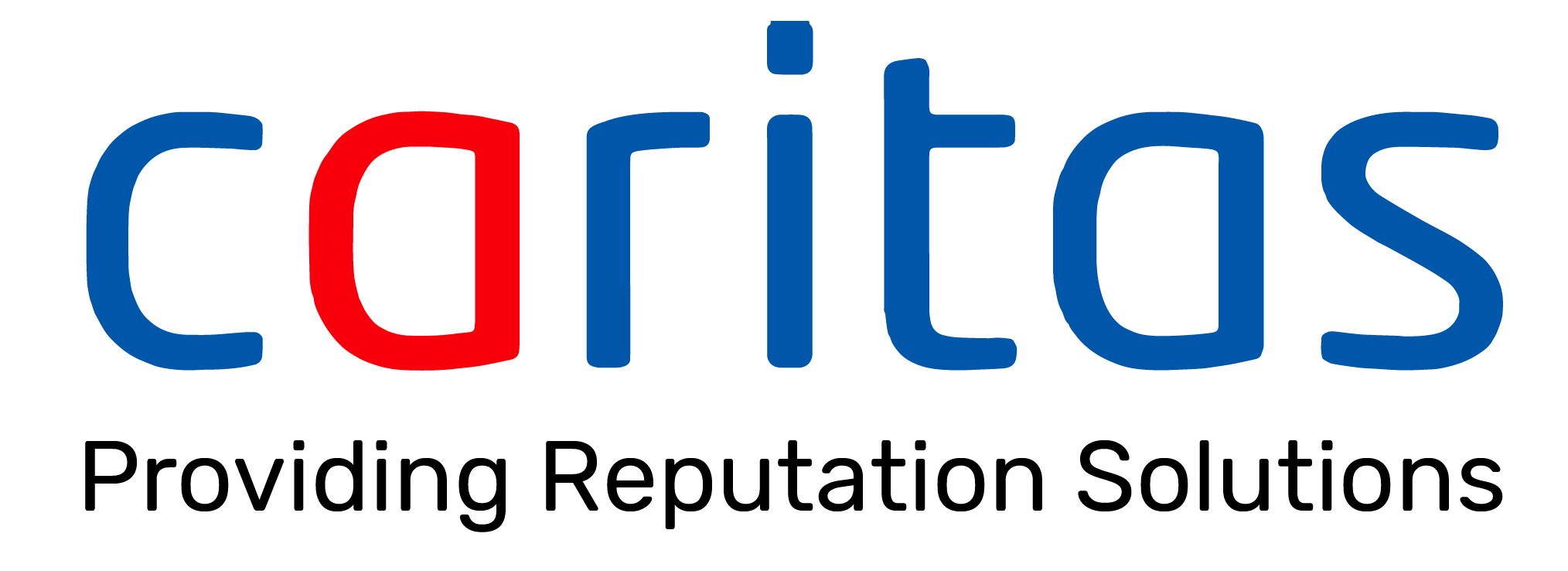Financial Services
Project Category: Financial Services
Client: Mastercard
Keeping a close eye on policy.
The banking sector has witnessed significant growth over the years, experiencing significant developments technologically. Despite economic downturn in 2020, the financial sector contributed 3.6% in real terms to the total GDP of the country as of the second quarter of the year.
The introduction of card services enhanced access to financial services and enabled POS transactions in the country, which relative to cheque transactions, continue to grow. Technology has also made a tremendous impact on the sector with the increased emergence and flourishing of FINTECHS.
As one of the most regulated sectors, operators in the financial services sector are highly exposed to the changes that occur in government and public policy. It is therefore imperative that the operators in the sector keep a close eye on developments around public policy, with a view to understanding and staying ahead of the critical issues, to aid brand positioning.
OUR SOLUTIONS
Mastercard required strategic intelligence on government policy with regard to electronic card transactions across several agencies including the Central Bank of Nigeria, Ministry of Finance, Senate & House of Representatives.
Caritas identified and mapped critical stakeholders across the Ministry of Finance, Central Bank, and the National Assembly committees on finance. We also identified and mapped others, including thought leaders and subject matter experts that were germane to the issues.
We equally maintained communication with critical stakeholders on an ongoing basis, providing regular updates to the client on developments at the Central Bank of Nigeria, Ministry of Finance, Senate & National Assembly.
OUR RESULTS
Mastercard received pre-emptive intelligence ahead of other industry players, getting insights into upcoming policy before it was available to other industry participants and the media. Mastercard also had easy access to key policy influencers and this helped in maintaining public policy that was not averse to Mastercard.



